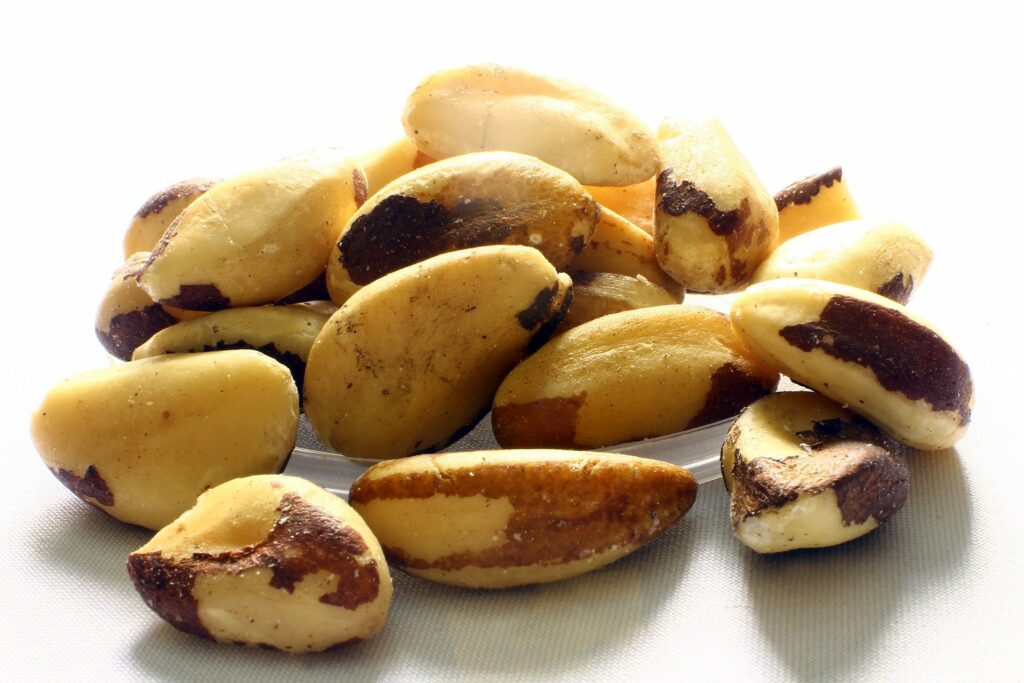Part 2 – Vitamin B12, Magnesium, Selenium and Zinc
Vitamin B12 (cobalamin)
Role: Prevents anaemia, and plays an important part in lowering homocysteine which in turn reduces systemic and vascular inflammation, and moderates the immune response. B12 levels can be depleted by anti-gout, antacid and anticoagulant medications as well as by poor diet and malabsorption of nutrients. B12 depletion inhibits the activity of immune cells, and its symptoms include fatigue, depression and breathing issues.
Food Sources: Soil depletion hasgreatly reduced the level of B12 in all our food. Plant sources are alfalfa, brewer’s yeast and sea vegetables. Animal sources include dairy, eggs, fish, kidney, liver and seafood.
Supplement Sources: Methylcobalamin is more effective than its cheaper cousin Cyanocobalamin. Dosage depends on requirements. Intravenous Vitamin B12 is frequently prescribed to remedy chronic deficiency e.g. in pernicious anaemia.
Magnesium
Role: This mineral is necessary for almost every metabolic process and enzymatic reaction including the immune system, and for supporting blood flow and muscle relaxation. Magnesium deficiency, exacerbated by excess alcohol, is associated with arrhythmia, high blood pressure and congestive heart failure, depression and anxiety, muscular weakness and tension, insomnia and adrenal stress.
Food Sources: Magnesium is found in many common foods although levels are much reduced due to soil depletion. Plant sources include apples, avocados, brewer’s yeast, brown rice, green leafy vegetables, lemons, nuts, sea vegetables, sesame seeds, watercress and whole grains. Animal sources include dairy, fish, meat and seafood.
Supplement Sources: Relaxing Magnesium Salt baths, and take as Magnesium Citrate 100-300mg daily.
Selenium
Role: An antioxidant trace element which protects the immune system – especially the natural killer cells – selenium is also anti-viral and helps prevent viral mutations. Half of all women, and a quarter of all men, are now believed to be selenium deficient – contributing to cancer, heart disease, and pancreatic insufficiency (e.g. diabetes). Symptoms of deficiency can include exhaustion, frequent infections and infertility.

Food Sources: Soil depletion has greatly reduced the level of selenium in all our food. Plant sources include brazil nuts, brewer’s yeast, broccoli, brown rice, sea vegetables, vegetables and whole grains. Animal sources include chicken, dairy, fish, liver, meats, poultry and seafood.
Supplement Sources: Take as L-seleno-methionine or Sodium Selenite, 200 microgrammes daily
Zinc
Role: Plays an important role in reproduction and in both innate and adaptive immune systems, and is directly anti-viral against for example the common cold (another beta-coronavirus). Zinc is particularly important for the older population, and 30% of the world is believed to be zinc deficient, especially smokers. Symptoms of deficiency can include acne, skin lesions and hair loss, fatigue, loss of taste and smell, recurrent infections and slow healing, infertility and frequent colds and flu.
Food Sources: Zinc levels in food have been greatly reduced by soil depletion. Plant sources include alfalfa, brewer’s yeast, legumes, mushrooms, pecans, pumpkin seeds, sea vegetables, sunflower seeds and whole grains. Animal sources include egg yolks, fish, liver, meats, poultry and seafood.
Supplement Sources: Take asZinc citrate (15-30mg) or Zinc gluconate (50mg) daily, or as lozenges.
Other micronutrients which improve general health and particularly the immune system include Omega 3 oils, curcumin, garlic, natural Vitamin E, folic acid, beta glucans, probiotics, quercetin, ginseng and ashwagandha. Always check dosage with your doctor.
Healthright’s aim for 2021 is to help you improve your immune system naturally and safely.
Come and ask us how. We look forward to seeing you again very soon.
